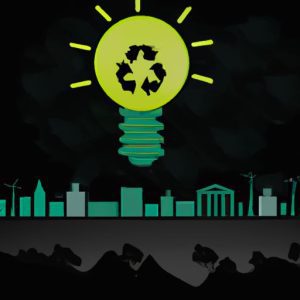South Africa, choked by coal and facing financial ruin, created a special group called the Presidential Climate Commission (PCC). This group brought together enemies – like union leaders and mining bosses – to talk and find solutions. They made deals to switch from coal to clean energy, which helped them get lots of money from other countries. Now, this unique way of solving big problems is being copied by nations worldwide, showing how talking can turn enemies into partners for a greener future.
South Africa has set ambitious climate objectives for 2030, including realizing netzero carbon emissions by 2050. A recent report by the Presidential Climate Commission highlights the need for a significant increase in climate financing, with public and private climate investments needing to rise threefold to fivefold from the current average of R131billion. The report also analyzes investments made from 2019 to 2021, with 79% of funding directed towards clean energy, and the remainder toward lowcarbon transportation, water, circular economy, and sustainable agriculture. The recently approved Climate Change Bill and the PCC’s report signal South Africa’s commitment to achieving a sustainable and lowcarbon future.
Funding remains a challenge for South Africa’s fight against climate change, despite having strong policies in place. Mr. Cedric Frolick highlights the importance of blended finance in achieving the country’s lowcarbon economy goals. The Just Energy Transition Implementation Plan requires retraining the workforce to counter potential job cuts. Crossborder collaboration and transparency are also key factors in achieving a sustainable future. The parliament must ensure the equitable distribution of benefits during this period of transition.
Cape Town, also known as the Mother City, has been in the spotlight for the past few years due to the severity of load shedding experienced in the region. However, the city is now set to become the first loadsheddingfree city in the country, thanks to the development of a solar PV and battery storage project near Somerset West.




